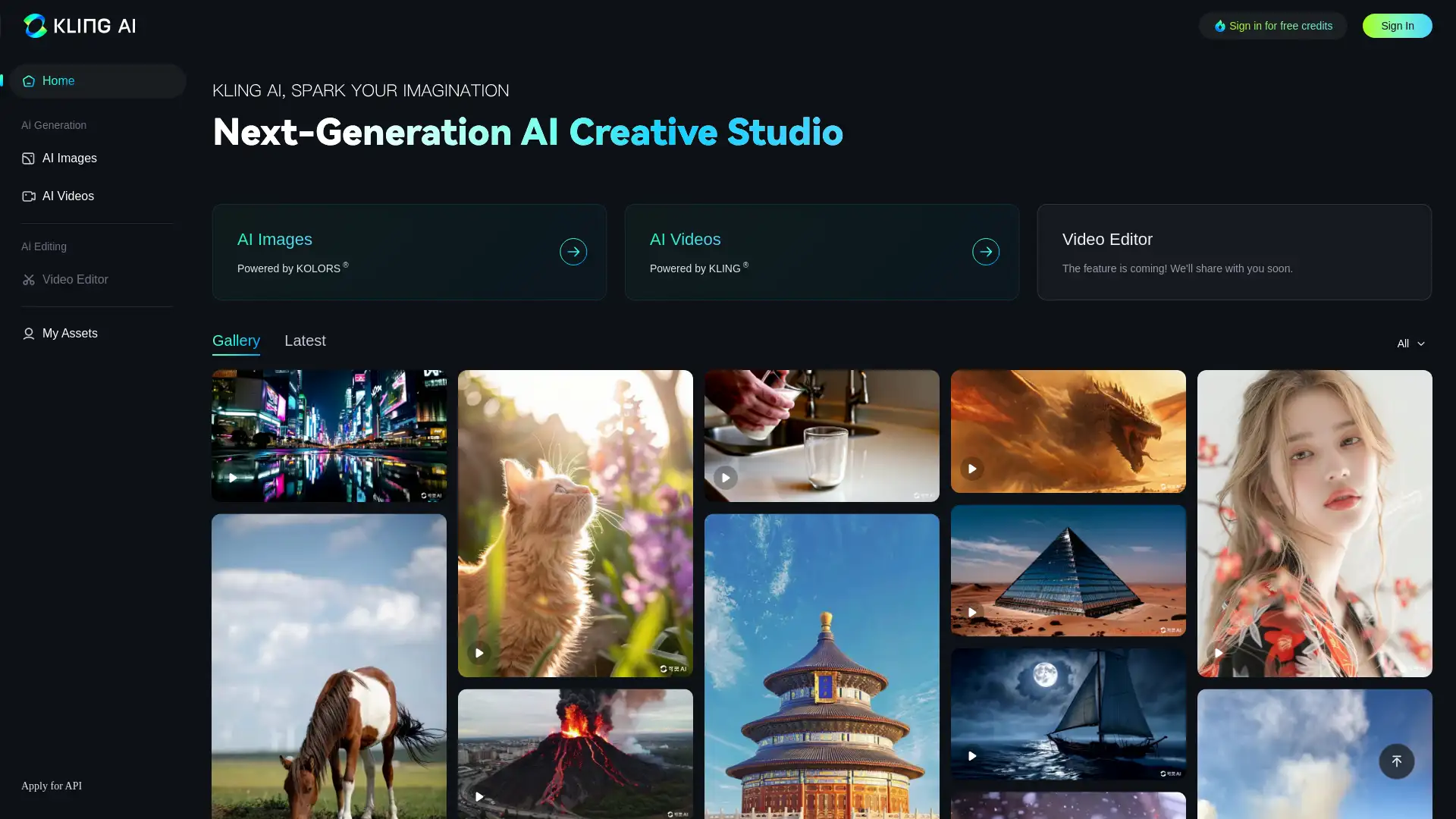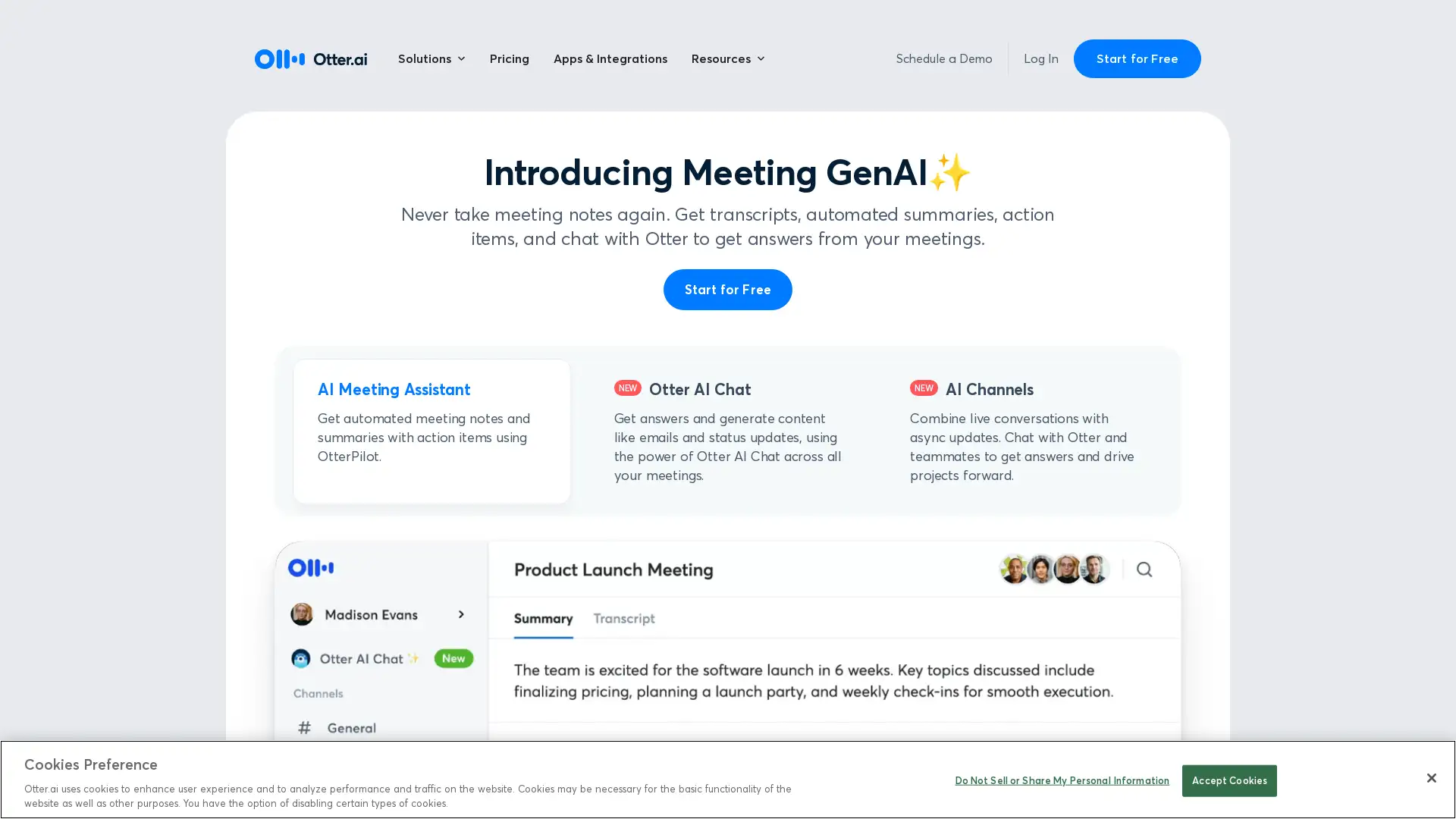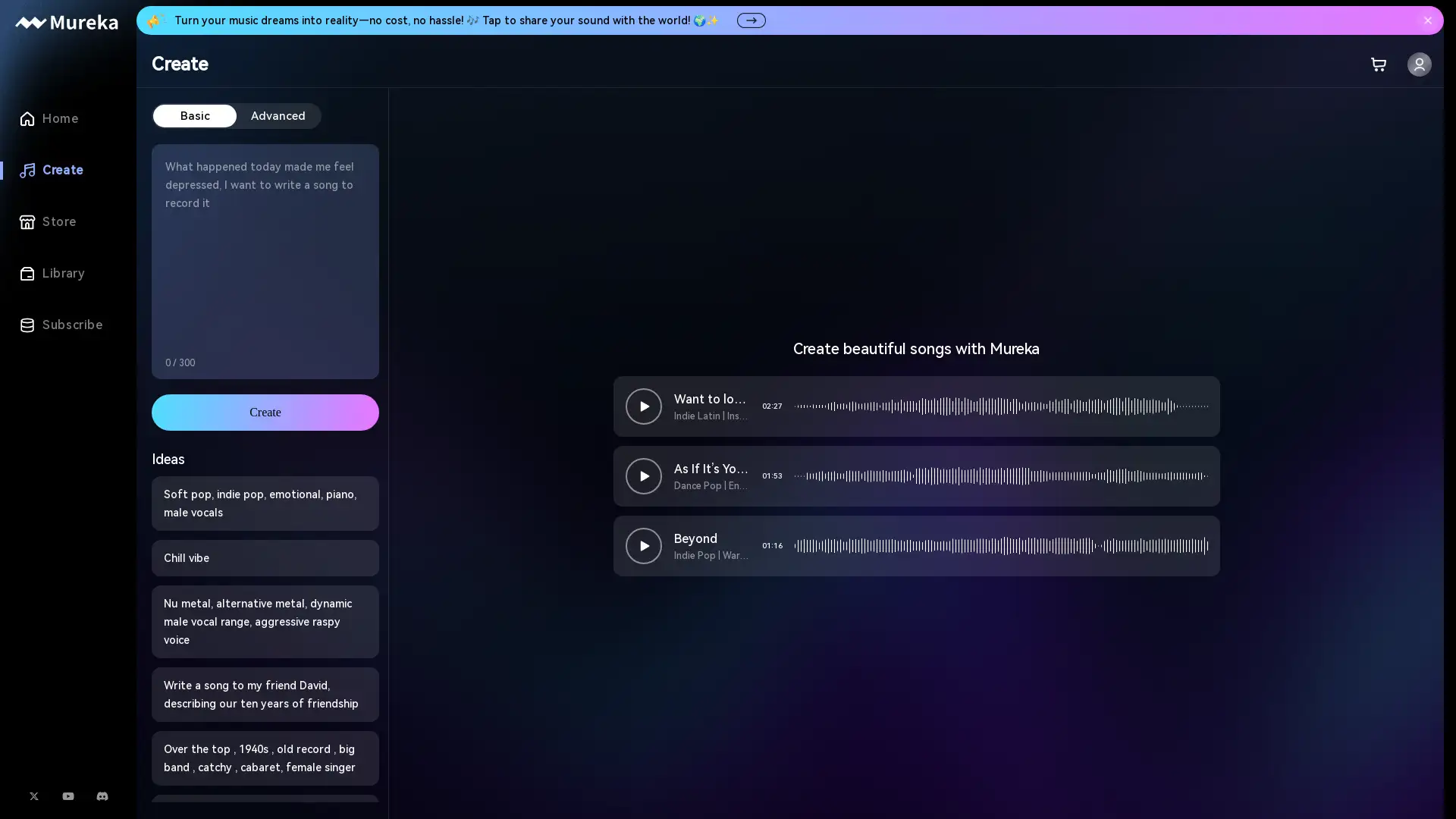Best 3 AI Tools for Business Productivity in 2024
Kling AI, otter, Mureka AI are among the best paid and free Business Productivity tools available.
Understanding AI Tools for Business Productivity
AI tools for Business Productivity are software solutions designed to enhance efficiency and streamline business operations by automating tasks, generating insights, and supporting decision-making processes. These tools utilize artificial intelligence to offer tailored solutions in various areas such as content generation, workflow automation, research, and transcription, enabling businesses to achieve smarter, faster, and more accurate results.
Key Features of AI Tools in Business Productivity
AI tools in the Business Productivity domain are highly adaptable and can handle both simple and complex tasks. They offer features like advanced content generation, voice-to-text transcription, automated workflow solutions, and smart research capabilities. Many of these tools are user-friendly, even for non-technical individuals, while also providing advanced customization options for developers. Notable features include multilingual support, seamless integration with existing systems, and the ability to scale solutions based on the business's needs.
Who Can Benefit from AI Tools for Business Productivity?
AI tools for Business Productivity are beneficial for a wide range of users, from small business owners and corporate professionals to developers and content creators. These tools are accessible to those without programming knowledge, making them ideal for individuals seeking to enhance their productivity without technical expertise. At the same time, developers and tech-savvy users can customize these tools for more specialized use cases, such as workflow automation or data-driven insights.
Deep Dive into the Functionality of AI Business Productivity Tools
AI tools in Business Productivity are versatile and highly customizable, making them valuable in various sectors like finance, healthcare, education, and e-commerce. Their user-friendly interfaces allow quick adoption by non-technical teams, while more advanced users can leverage AI algorithms to automate complex workflows. Integration with CRM systems, cloud services, and collaboration platforms further enhances their utility, allowing businesses to streamline operations and drive efficiency across departments.


